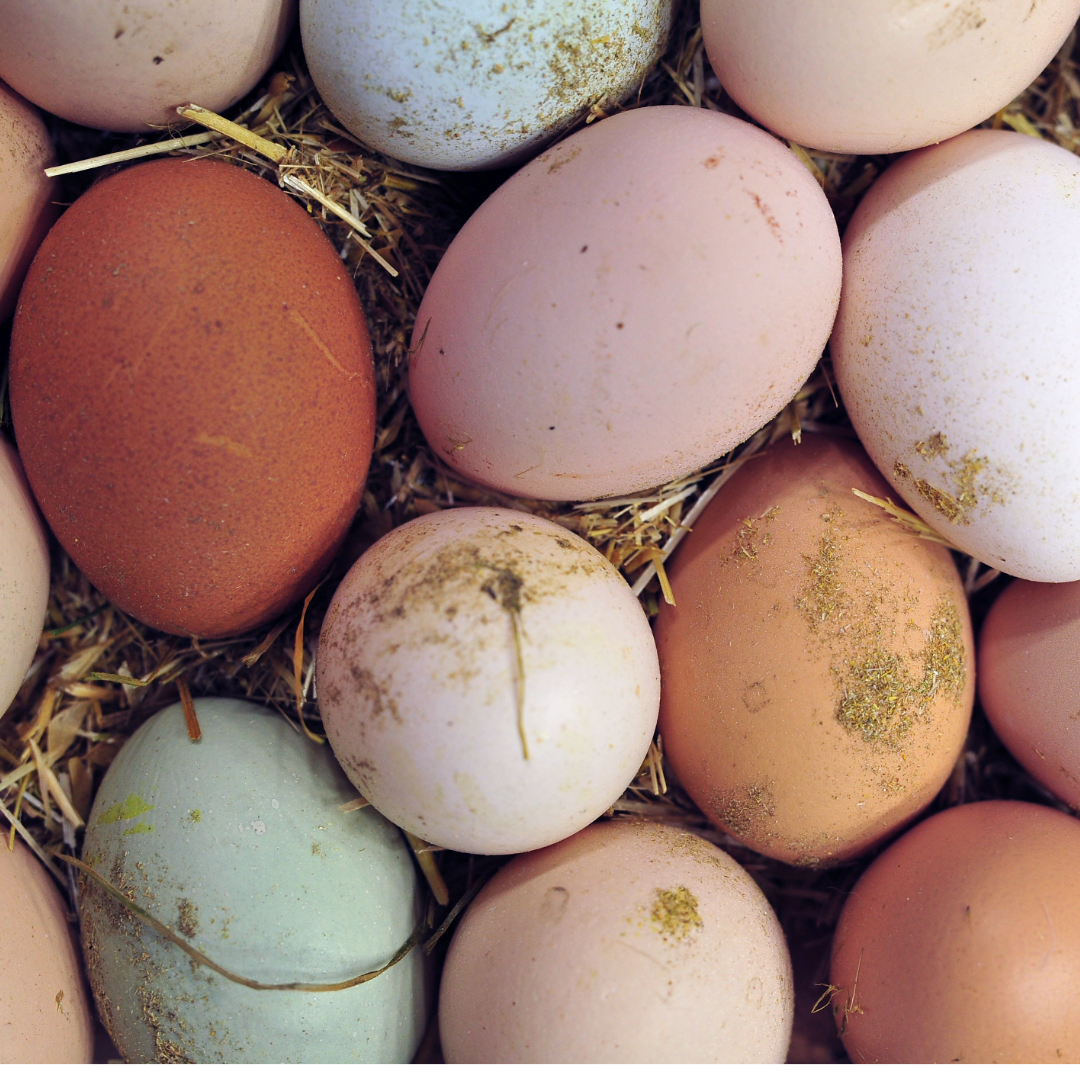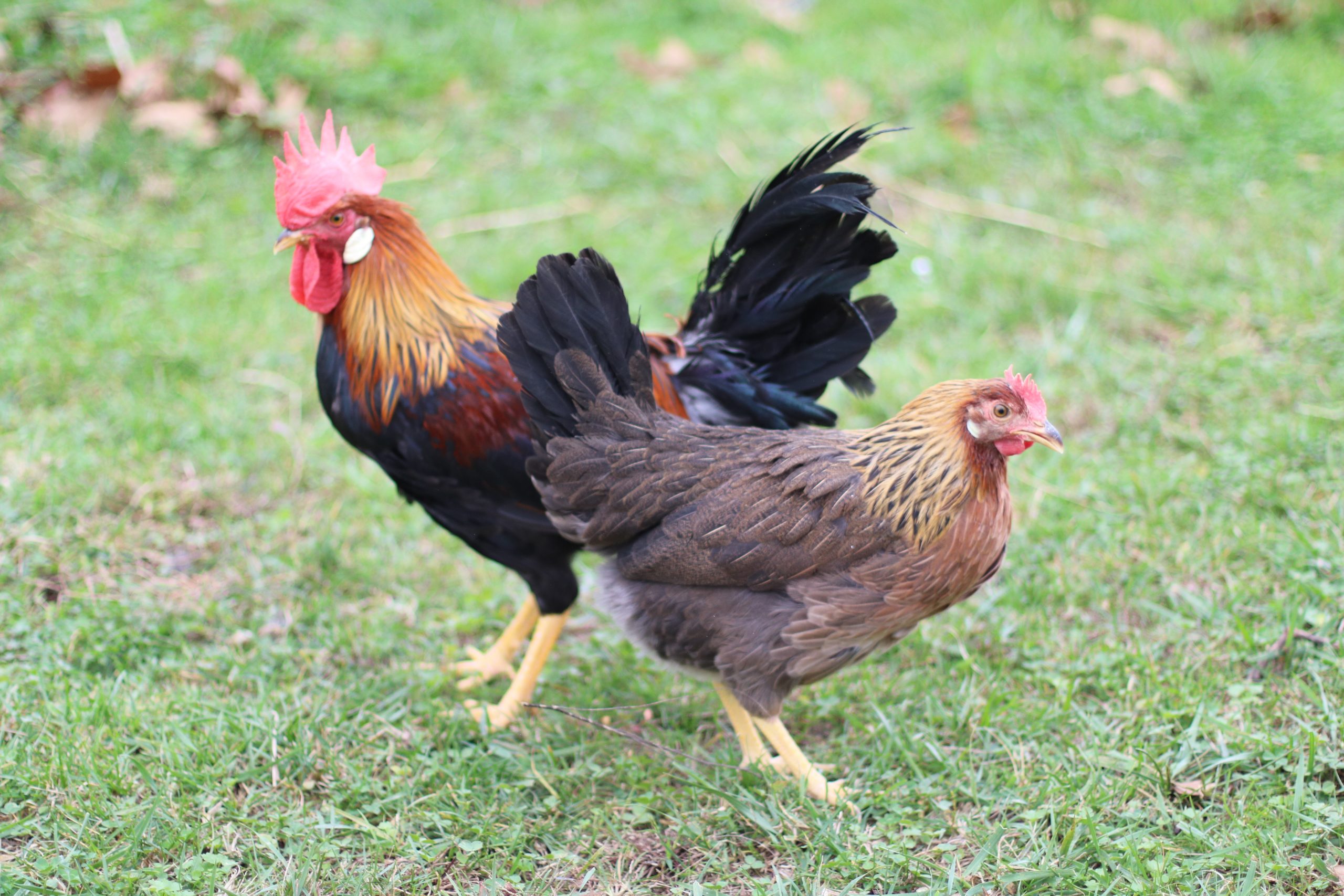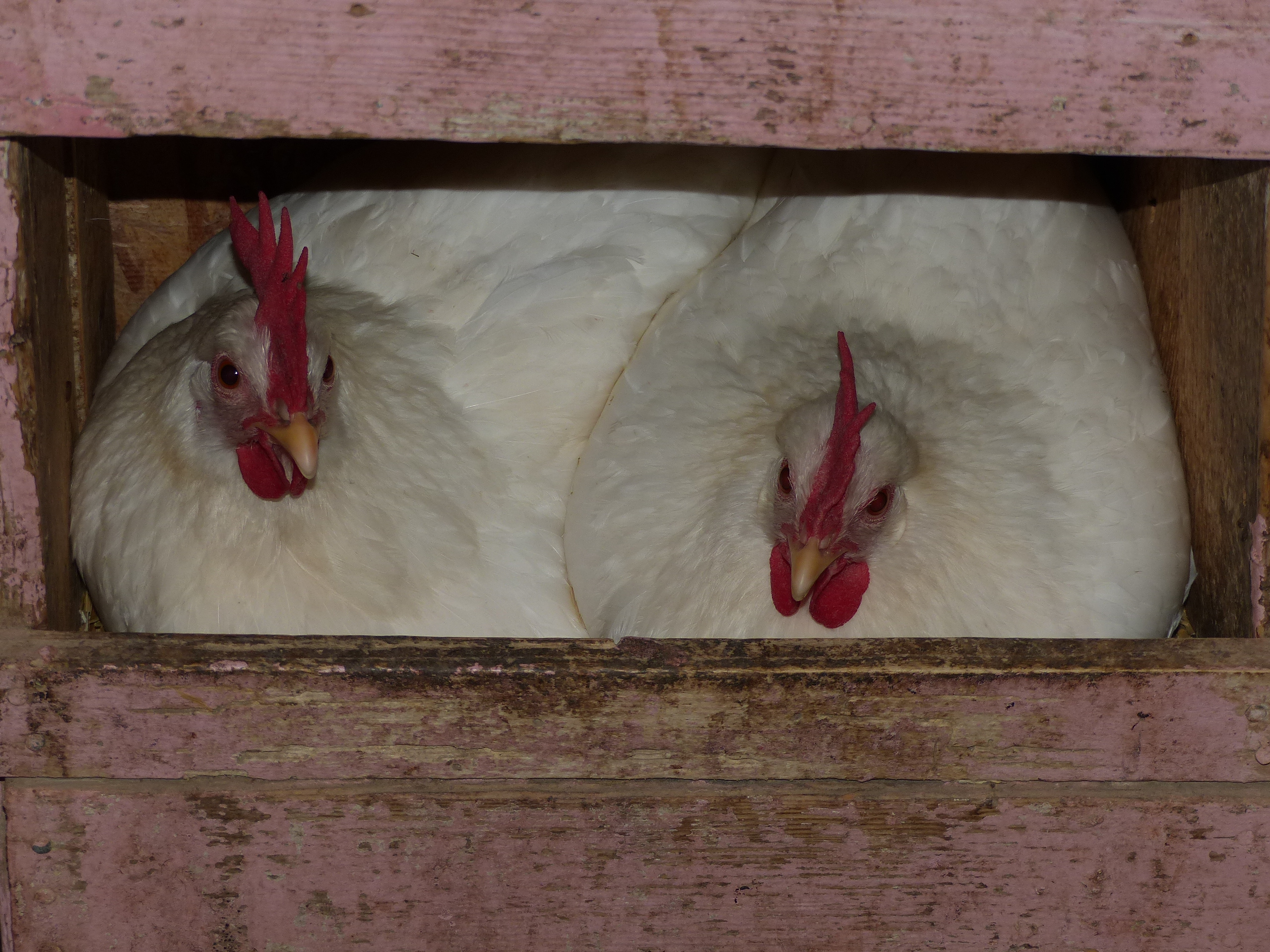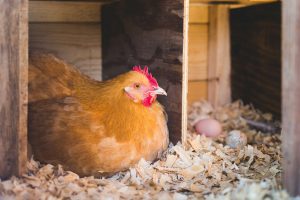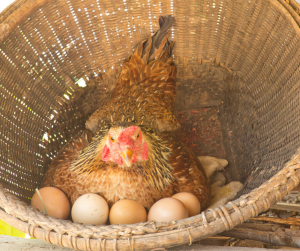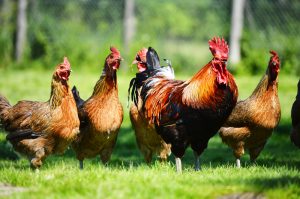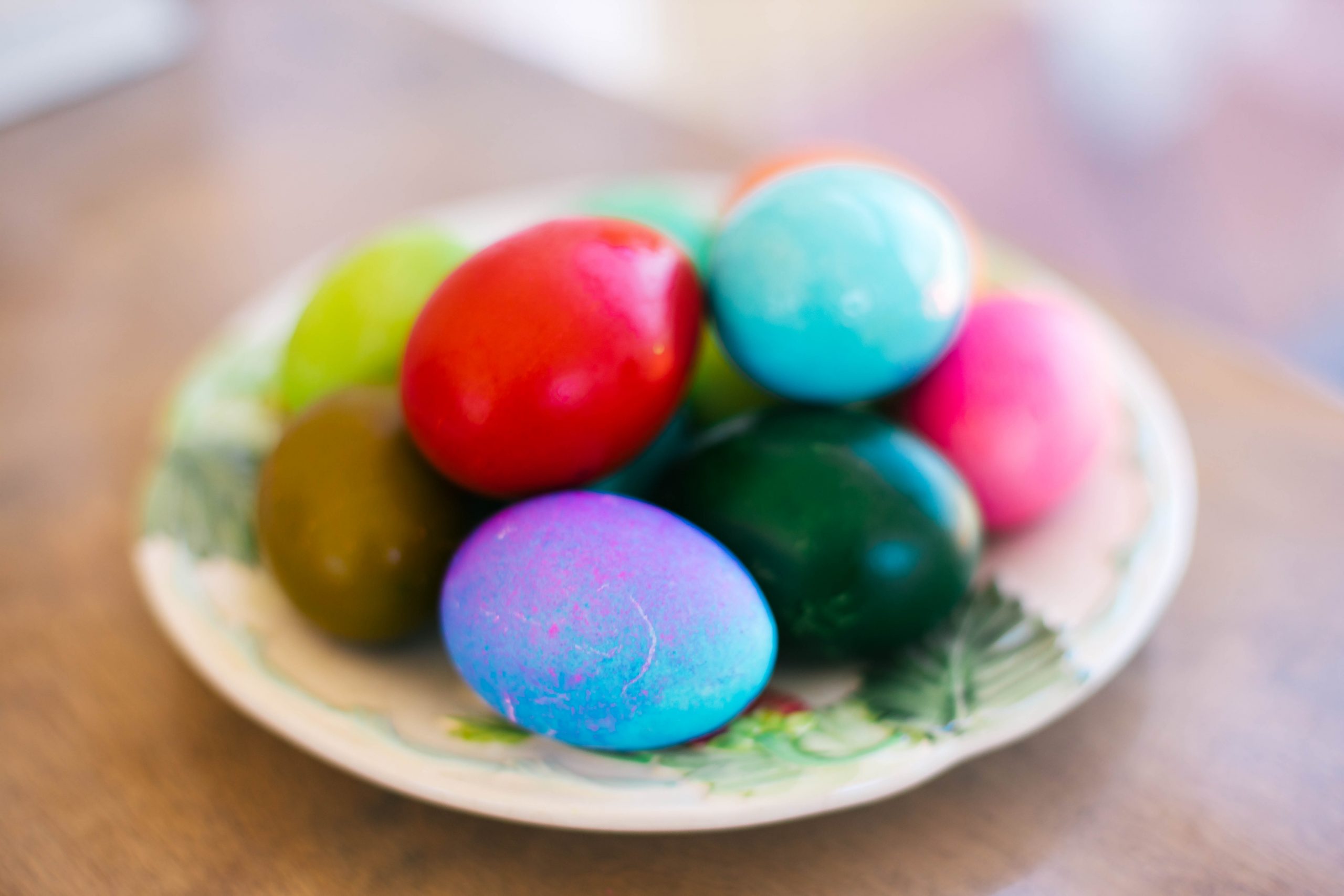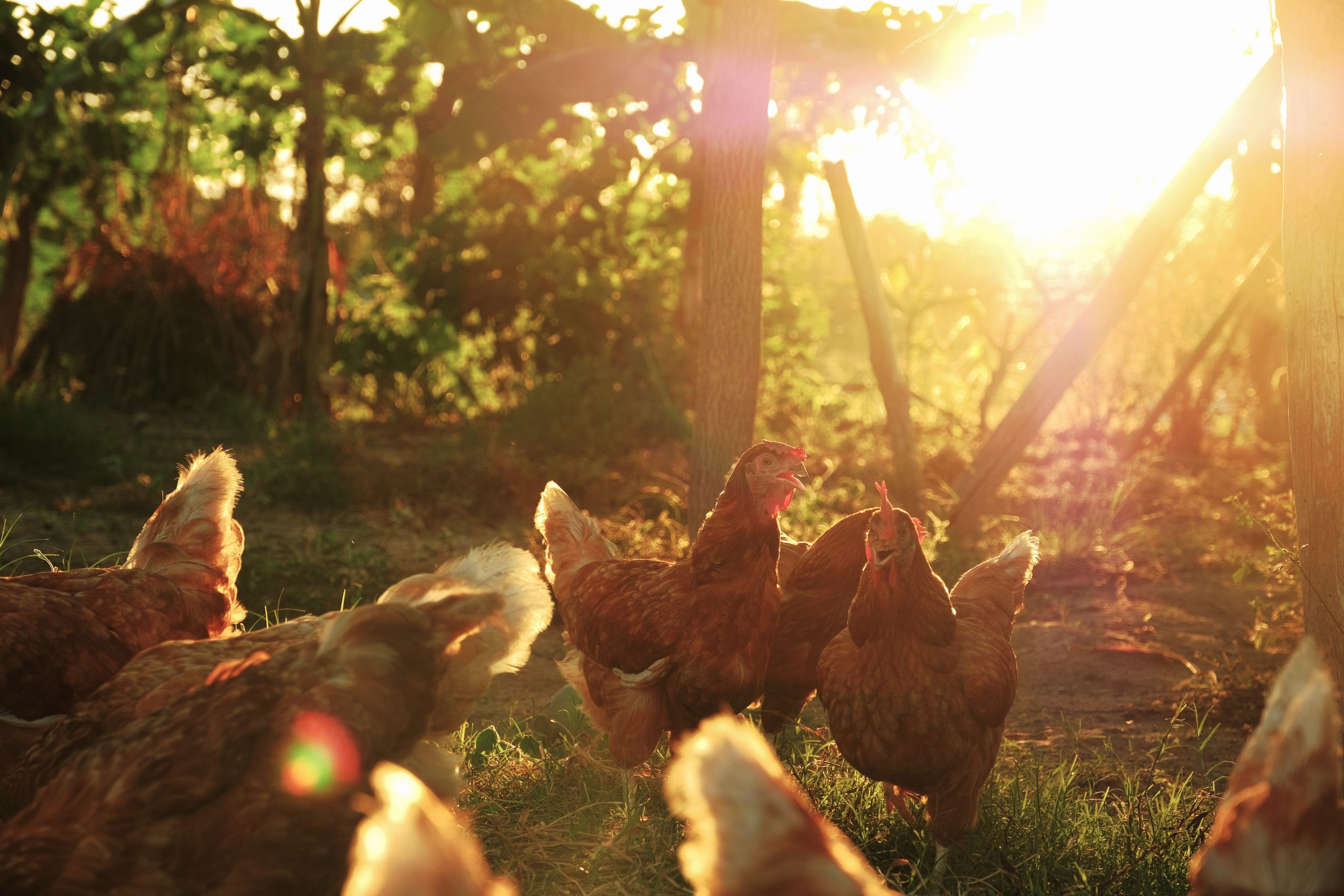Anyone studying the Hoover’s Hatchery catalog or Website faces one easy and one challenging decision The easy one is deciding whether to buy layer or broiler chicks
With delicious fresh eggs the goal of most people it’s easy to rule out broiler hybrids, like Cornish Rocks
Other choices get challenging Hoover’s sells dozens of breeds and hybrids that all promise good egg production How does someone select chicks that are likely to begin laying at the youngest age and keep producing for many months?
Actually, that’s also a fairly easy decision but takes some planning and thought Hoover’s lists the characteristics of
